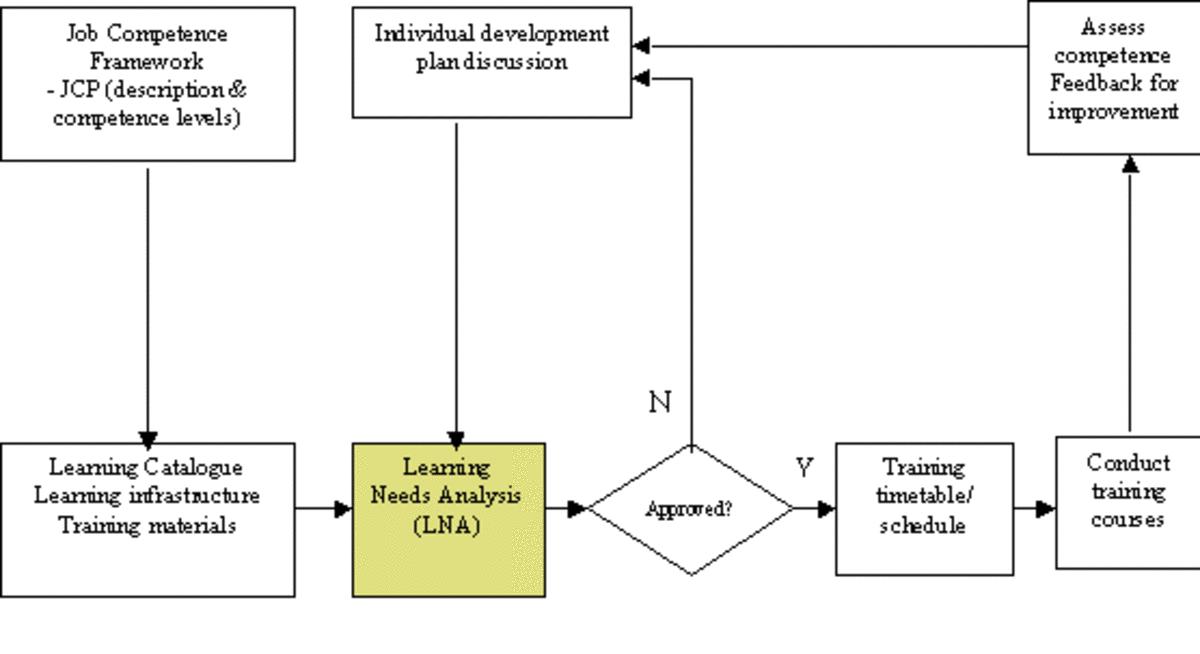- HubPages»
- Health»
- Quality of Life & Wellness»
- Personal Development
Role of Assessment in Competency-Based Medical Education
Competency-based medical evaluation (CBME) is a type of evaluation that necessitates a multifaceted and robust system. The trainee, the public, and the program itself benefit from the evaluation and assessment that is established through the CBME. This article summarizes the issue of assessment as far as competency-based medical education is concerned. The objective of the research was to consider new strategies that incorporate the best qualitative and quantitative methods and thereafter include context as a key component of the research. It also aimed at seeking the best assessment practices in institutions.
This study is the best approach in determining competence in terms of seeking training in medicine. The tools for assessing competency should be objective, reliable and valid. The three attributes are meant to ensure that the assessment is as practical as possible. Competency is an essential component for anyone to practice as a medical practitioner. According to my knowledge, I think competency should be a measure of whether or not an individual qualifies to train as a medical practitioner. Competency is curriculum based and therefore new assessment tools should be put in place. There should be quality assurance practices to curb the training of incompetent trainees.
In addition, I think that training of such an individual can compromise the medical field and create a crisis. My personal view is that evaluation tools of assessment should be used to measure the level of a trainee’s competency before he or she can be allowed to undertake any training in the medical field. Competency is not just an asset but also a liability that must be adhered to for the purpose of enhancing professionalism in the field of medicine.
Assessment must be criterion based to reduce the subjectivity that may be involved in it. There are various occasions where the trainees should be allowed to reflect on their last performances and make necessary improvements as advised by their instructors. There is also a necessity to gauge the learner’s ability to carry on with important duties as dictated by the medical field in order to necessitate the issue of competency. Competency is a requirement that is essential for performance to be achieved concerned. It is a prerequisite need that should be gauged through evaluation and assessment. Another major strength of the study is that it targets a wide range of audience thus making it relevant to a wide range of fields. The researchers have used simple methodologies in their study; this has in turn promoted understanding among the readers. Apart from competency, medical schools should also focus on other assessment tools that are equally important in promoting professionalism. The assessment methods used should be non-judgmental, objective and relevant to the field of medicine. There is necessity to develop a platform of assessment to mitigate casualties that may arise as a result of negligence.
In conclusion, to promote the quality of service offered in the medical practitioners, ensuring that trainees are competent is among the first step to be taken. The criteria to be used in gauging a person’s competency should be evaluated and assessed from time to time to reflect the changing needs in the medical field. Both training and practicing institutions have a role to place in promoting competency in the medicine practice.
References
Bing-You, R. G., & Trowbridge, R. L. (2009). Why Medical Educators May Be Failing At Feedback. JAMA, 302(12):1330–1331.
Hodge, S. (2007). The Origins of Competency-Based Training. Aust J Adult Learn, 47(2):179–209.
Holmboe, E. S. et al. (2010). The Role of Assessment in Competency-Based Medical Education. Medical Teacher, 32: 676–682.








